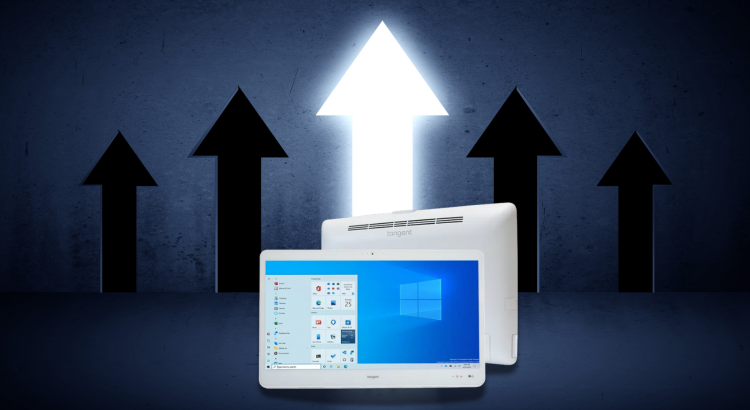In the fast-paced, high-stakes world of healthcare, technology plays a pivotal role in improving patient outcomes and ensuring operational efficiency. At the heart of this transformation are medical-grade PCs, which power everything from patient records to imaging diagnostics. When it comes to quality, reliability, and safety, Tangent’s medical PCs stand out as the best in […]
Category: medical pc

Is an All-In-One Medical PC Better Than a Medical PC?
Technology plays a pivotal role in managing patient data, imaging, telemedicine, and more. With so many options available, choosing the right hardware setup—like whether to go with an all-in-one (AIO) medical PC or a standard medical PC—can be challenging. Both systems offer unique benefits that can impact workflow, space usage, and adaptability within clinical settings. […]

What Computers Do Doctors Use?
In healthcare settings, computers are central to managing patient data, diagnostics, imaging, and daily workflows. Doctors and healthcare professionals rely on specialized medical-grade computers, all-in-one (AIO) systems, and tablets designed to meet the stringent demands of medical environments. These devices need to perform seamlessly, adhere to regulatory standards, and often withstand rigorous sterilization processes to […]
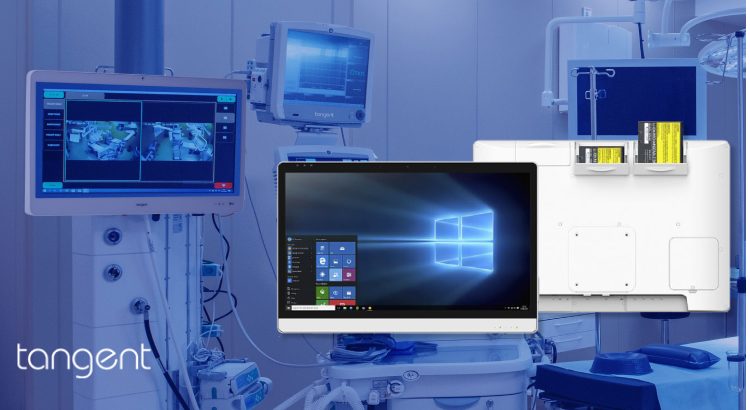
The Future of Healthcare Technology: Why You Need a Medical PC in Your Practice
The integration of cutting-edge tools is not just a convenience—it’s a necessity. Among these innovations, Medical PCs are becoming indispensable assets in hospitals, clinics, and healthcare facilities. But what exactly is a Medical PC, and why should healthcare providers be paying attention? What is a Medical PC? A Medical PC is a specialized computer designed […]

Why Choose Tangent for Medical Grade Computers and Tablets
Medical-grade computers and tablets are vital tools that support a range of critical applications, from patient monitoring and electronic health records (EHRs) to telemedicine and medical imaging. When choosing medical-grade technology, not all computers are created equal. This is where Tangent, a leader in manufacturing computers for the healthcare industry, comes into play. Let’s explore […]
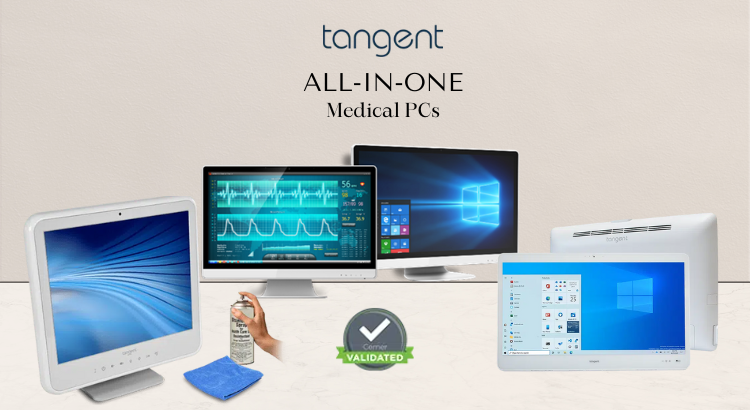
What is a Medical PC All-In-One ?
You’ve heard these device names before: “Medical Computer“, “Medical Tablet“, “Medical Cart“, “Medical PC“.. your understanding of each is pretty fair and well placed; but, “Medical PC All-In-One?!” If your head just exploded or irritation struck, we get it. It’s a mouthful and what exactly is it? A Medical PC All-In-One is actually a well-appointed, […]
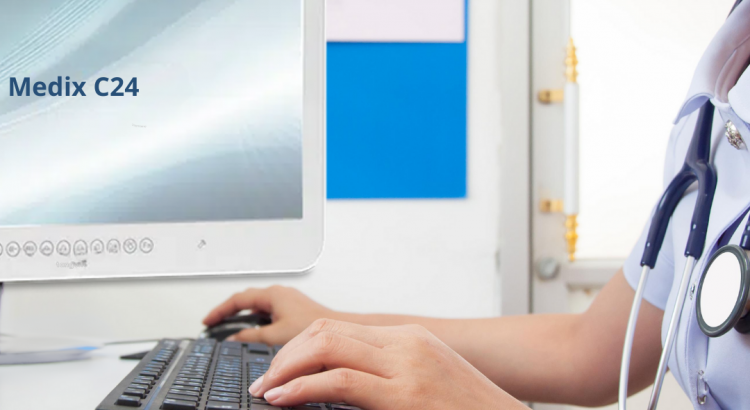
Medical PCs That Make Work Easier
Medical PCs play a crucial role in making work life easier for nurses by providing tools and features tailored to their needs in healthcare settings. How Medical PCs Benefit Nurses: Streamlined Documentation: Medical PCs allow nurses to efficiently document patient information, including vital signs, medications administered, and treatment plans, directly into electronic health records (EHR) […]
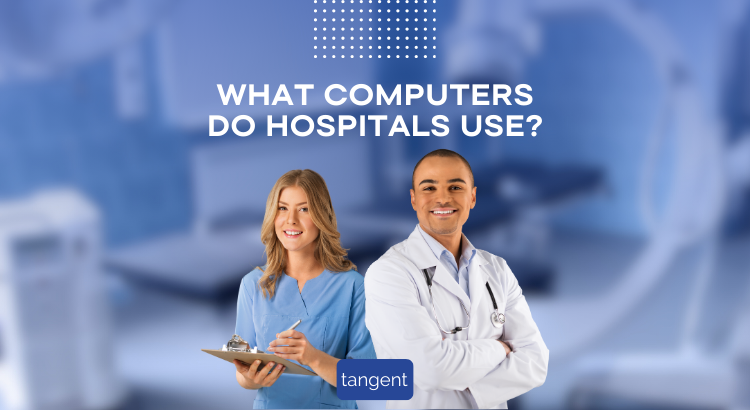
What Computers Do Most Hospitals Use?
Most hospitals use a variety of computer systems and devices to support their operations and provide healthcare services. The specific types of computers and systems used can vary depending on the hospital’s size, budget, and specific needs. Here are some of the common types of computers and systems used in hospitals: Electronic Health Record (EHR) […]
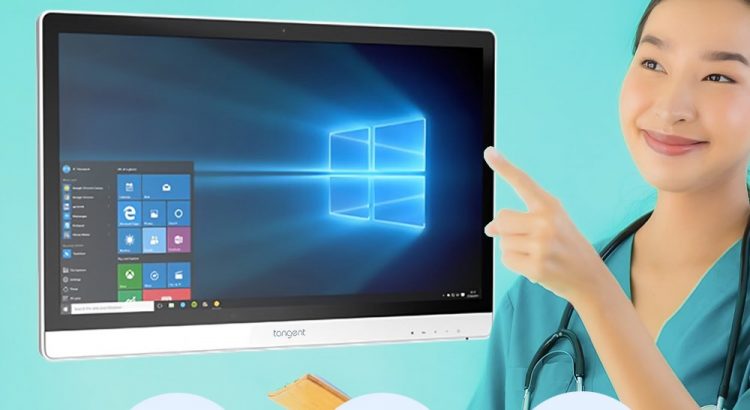
Medical PCs Streamline Hospitals
In today’s fast-paced world, technology plays a crucial role in transforming various industries, and healthcare is no exception. One such groundbreaking innovation that has revolutionized medical practices is the Medical PC. In this blog, we delve into the capabilities, benefits, and potential applications of these advanced computing systems in the healthcare landscape. What is a […]
